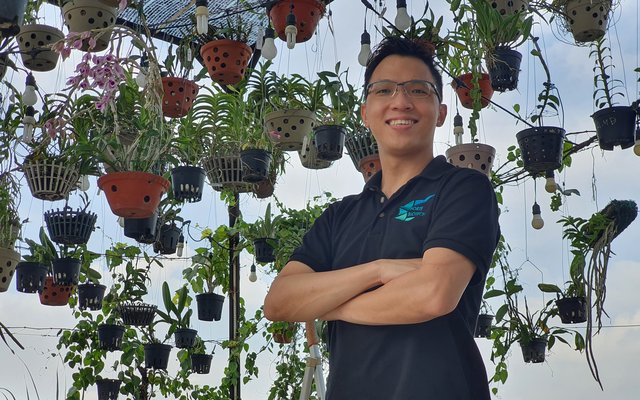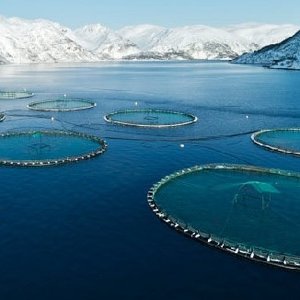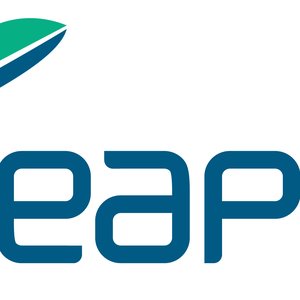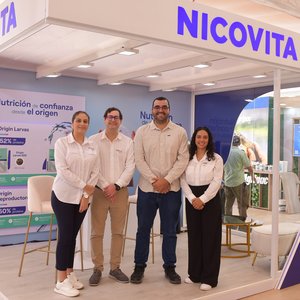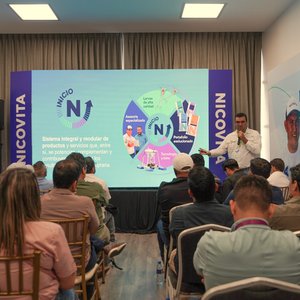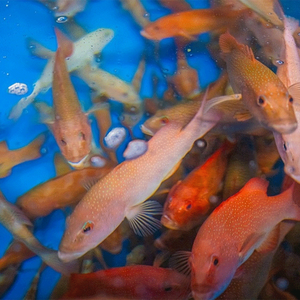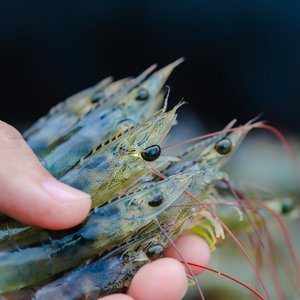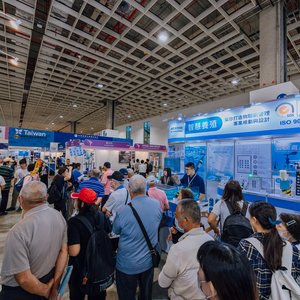Singaporean-Vietnamese startup, Forte Biotech, has developed an easy-to-use, on-site diagnostic kit that helps farmers detect infections early, allowing them to take mitigative actions. We talked with Kit Yong, founder of Forte Biotech, on the journey of the startup and its future projections.
First steps
“I have a family friend who does prawn farming in Vietnam and Malaysia. It was immensely profitable; in fact, he used to drive a Porsche around in Singapore! However in the early 2000s, due to an outbreak of WSSV, he went bankrupt. Recently, he wanted to start farming again and approached us for a loan of $150,000. We thought that it was too risky and realized that financing for the shrimp farming industry is an extremely underserved sector. That was when this idea came to us – a way for farmers to minimize their risk. From there, we worked with NUS through the GRIP program and developed the Really Accurate Prawn Infection Detector (RAPID),” Yong explained.
The kit
The diagnostic kit has two components: one for sample extraction and another for nucleic acid amplification. It is designed in a way that farmers can test for multiple diseases with a single sample and with minimal training and tools. Currently, the startup has test kits available for White Spot Syndrome Virus (WSSV), Enterocytozoon hepatopenaei (EHP), and Early Mortality Syndrome (EMS), which are the most common infections in Vietnam. “We are working on launching test kits for Vibrio, Monodon Baculovirus (MBV), and (Infectious hypodermal and hematopoietic necrosis Virus) IHHNV within the next quarter,” Yong said.
The test kit has a sensitivity higher than 95% and is able to detect the presence of disease in a 10,000m2 pond with a 20L water sample. “The farmers are able to confidently conduct the tests and replicate the results even after we leave the farm and we receive updates from them whenever they conduct a test. On a lab level, we are able to detect 50 copies of DNA in a sample. This is good enough for most users on farm sites,” Yong stated.
When compared to other diagnostic tools, Yong said that only the lateral flow kits are able to be used on-site by the farmers. However, these kits are not that sensitive and can only be used on dead prawn samples. PCR tests, on the other hand, are expensive and slow due to the transportation required as farmers will have to send the samples to the lab. In both cases, the results do not provide farmers with actionable information and are often only used as a confirmatory test, according to Yong.
“Our RAPID test kits can be used on both the water and prawn samples and are able to produce lab-grade results in one hour and are cost effective, as farmers are able to do the tests themselves. As such, farmers will be able to conduct tests regularly to monitor the health of their shrimp and catch disease outbreaks early. This will give them time to take actions, such as conducting water changes more regularly and or scheduling a harvest to lock in profits,” Yong explained.
Field trials
The company just finished field trials with two farming partners. The farmers were able to conduct the tests on their own after a short demonstration. During the trial, WSSV and EHP were detected in the water of the farms. The farm with WSSV decided to harvest the prawns early to lock in their profits while the farm with EHP implemented more regular water changes to keep the disease load low.
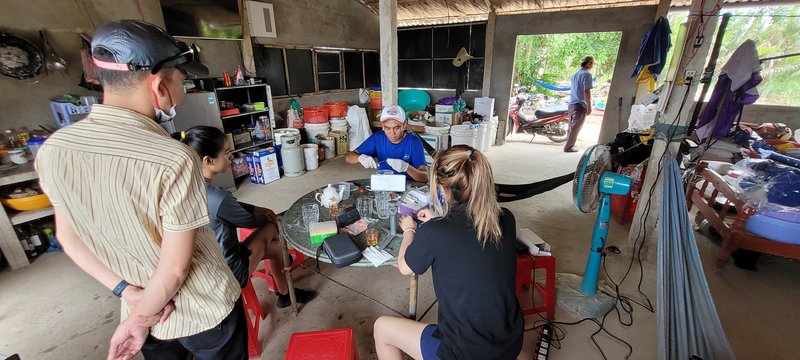
Farmer testing the kit
“By spotting diseases early, farmers are able to take mitigative action early. This preserves the value of the livestock, allowing farmers to avoid cash flow disruption. This way, farmers are able to build sustainable businesses and adopt sustainable farming practices,” Yong stated.
Although the kit has not been tested in hatcheries yet, a few hatcheries approached the team to do so. “For many of the larger farms & hatcheries, they have already heavily invested in PCR machines to test their hatchlings. Thus, it would not make much financial sense for them to deviate from their current protocols,” he said. “However, we do believe that testing in the early stages is extremely important as diseases, such as AHPND, mainly affect prawns at the early stages of their growth cycles, which can cause huge losses for farmers. Additionally, during the process of transportation from hatcheries to farms, the prawns can get stressed by the environment, making them more susceptible to diseases. We recommend farmers to use RAPID to check the state of the PL before they release it into their grow ponds to ensure that it is SPF.”
Markets and growth projection
Yong said that its RAPID kit is extremely competitive in terms of prices as they have eliminated the need for cold-chain transportation and the kits are all shelf-stable. “At the current stage, we are looking at about US$10 for testing two diseases in Vietnam but prices may vary from region to region,” Yong said.
The team is in discussions to test the kit for bovine and porcine diseases and apply it to other species. “However, we will mainly be focusing on shrimp diseases currently as we are still in the early stages and do not have the capacity to do that yet,” Yong mentioned.
The startup is focusing mainly on a few major farming regions in Vietnam and expects to have more than 100 farms working with them within the first year of launch. “Moving forward, we will also be expanding into the rest of Southeast Asia and we expect that the growth would be much faster after we build a solid foundation in Vietnam,” Yong concluded.


